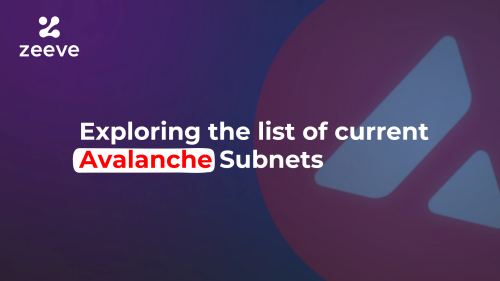The influence of Blockchain Technology on Selling and Buying Real Estate
Buying real estate today is much the same as playing the classic game of monopoly. It is nerve racking, takes lots of planning, equity and can make a homebuyer or seller feel like winners, losers or ready to throw in the towel all together. In today’s real estate market there are approximately 11 major steps to buying a home. Commonly those 11 steps are; 1) starting your search, 2) determining how much house you can afford, 3) getting pre-qualified and pre-approved for a mortgage, 4) Finding a Real Estate Agent, 5) Looking for and settling on a home you like, 6) making an offer and hoping it gets accepted, 7) Setting up a home inspection, 8) choosing a mortgage based on the result of step number three, 9) Having the home appraised, 10) Coordinating paperwork (using a title company for example), and finally closing on the sale and receiving the key.
As we can see, there are numerous steps in the process of buying a home and if you thought that the game of monopoly was long winded, the purchasing of a home is even more so and can take anywhere between weeks and months. Additionally, there are so many intermediaries in the process (title companies, home inspectors, lawyers, mortgage companies etc.) that the cost of the actual house is inflated by thousands of dollars and completely based on the trust in the institutions mentioned above. If you are the buyer you end up paying more, and if you are the seller, you end up with less money in your pocket due to all these middlemen. In this real-life game of Monopoly everyone ends up on “the stop-go to jail and loose a turn” square. Surely there must be a more efficient and cost-effective way to buying a home.
The answer is of course there is, and it can be found through blockchain and smart contract technology. If we were to restructure the real estate process through blockchains and smart contracts the process itself would be streamlined, more secure and less expensive. How is this possible? Let me explain not only how it is possible but also preferable.
Blockchains can hold unlimitable amounts of data which is both verified, and immutable. Furthermore, since the ledger is completely distributed amongst all those who use or access the blockchain, authenticity can be confirmed by multiple people and nothing put on the ledger can ever ‘disappear’ or ‘go missing’, thus ensuring information accuracy through a complete lack of centralized trust. As we can see, the information will always be accurate and thus numerous steps of verifying middlemen are taken out of the equation. We should be able to do the same in real estate transactions.
Furthermore, smart contracts would enable us to forego the need for other intermediaries within our home buying process. Smart contracts “if, then” format is binding and fully auditable on the blockchain. Furthermore, they only execute after certain conditions are met. As such, the transfer of services, assets, money, or any other function of a contract is fully auditable and executed sans any trust or human action. The fact that all this is stored on a distributed ledger anonymously ensures the privacy of the contract and the impossibility of it being breached due to its clarity and knowledge that it will be followed through to the letter of the law.
Under these circumstances a person’s verified identity would already be written into the blockchain, the steps of how and under what circumstances the contract would be executed are already immutable and the monetary process of releasing money would also be predetermined. All that would need to be done would be the finding of a house. This too would be much easier as the information would be on blockchain technology and updated in real time. Additionally, there would be no need to hire an inspector as all previous work done on the home would already be listed in the blockchain history of the house and potential buyers would be able to view this information. Moreover, the house’s title would could be traced back to its original owners so that the ownership pre-sale would never be in question. As we can see, the possibilities of using blockchain and smart contract technology is endless when it comes to real estate and this is only the start. Once this technology is understood and implemented, the ramifications would be overwhelming and game changing for what is today a 200-billion-dollar industry in the United States alone.
The outcome of using this new technology, would include greater transparency, efficiency and a lack of need to trust the numerous middlemen along the way. This would lower real estate costs and allow us to buy our metaphoric hotels on Park Place and Broadway that are so coveted in the game of Monopoly.





Great article Andy, good insights…